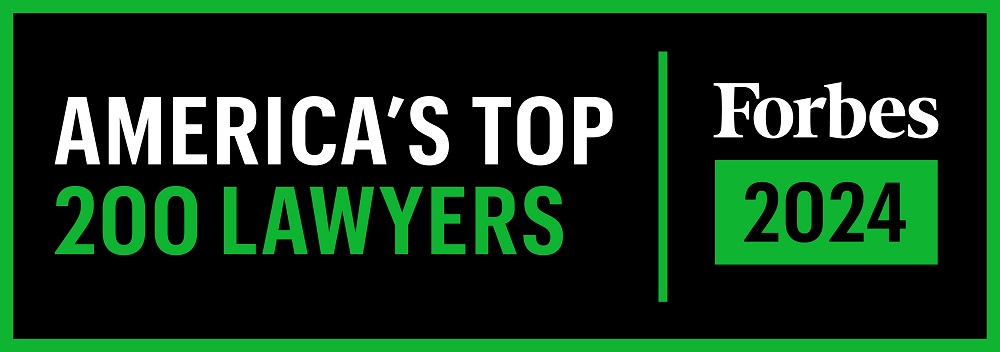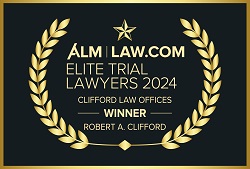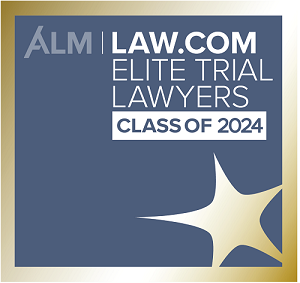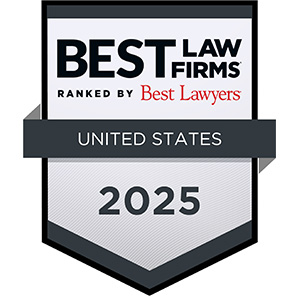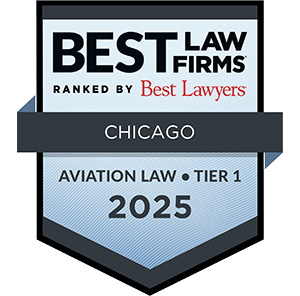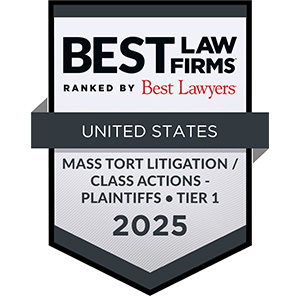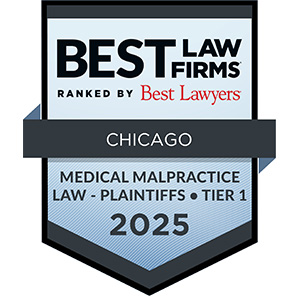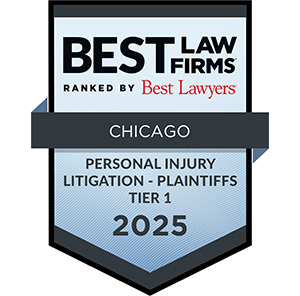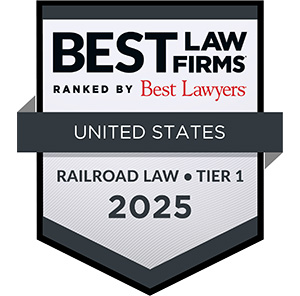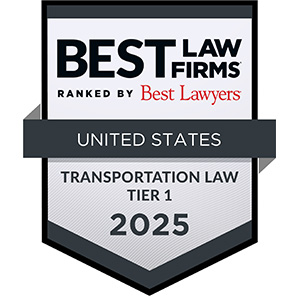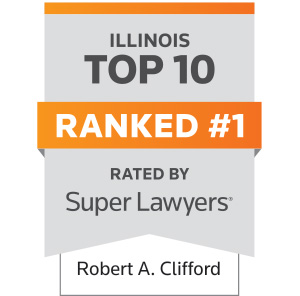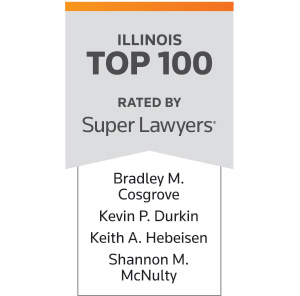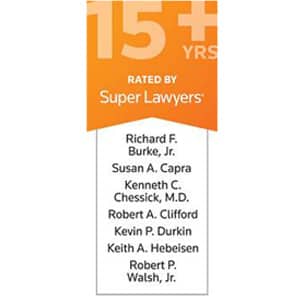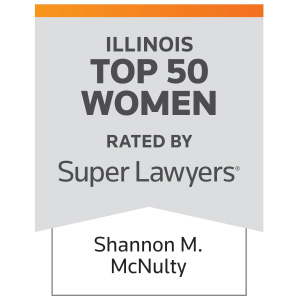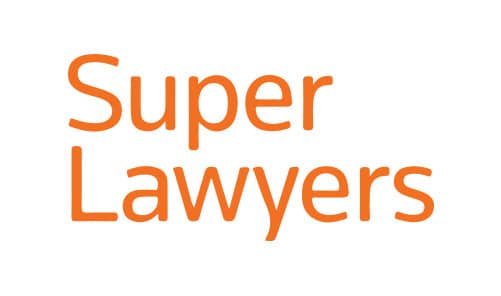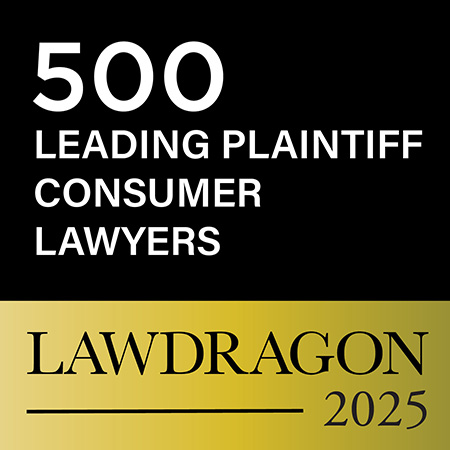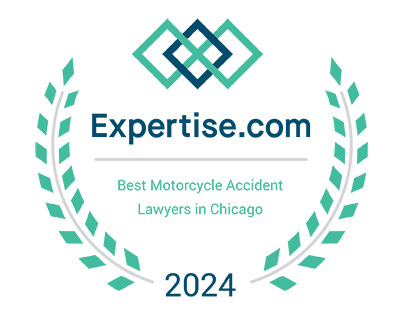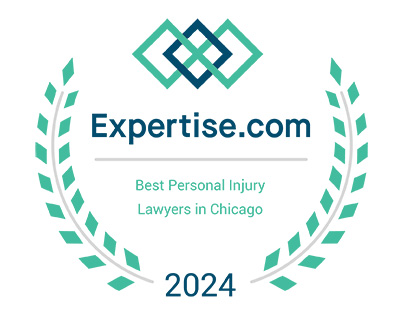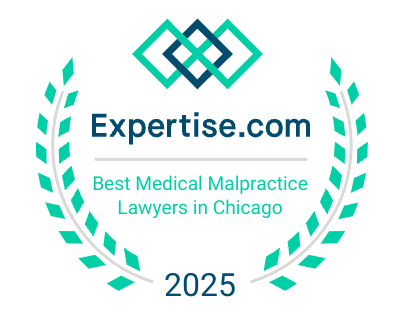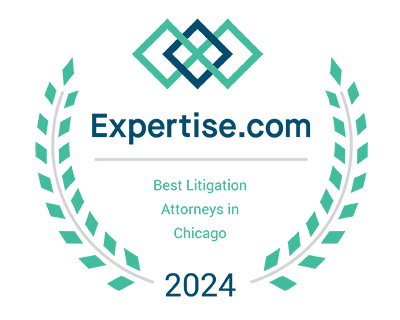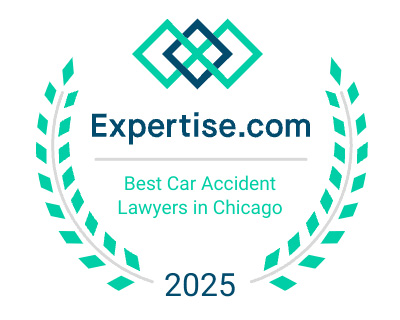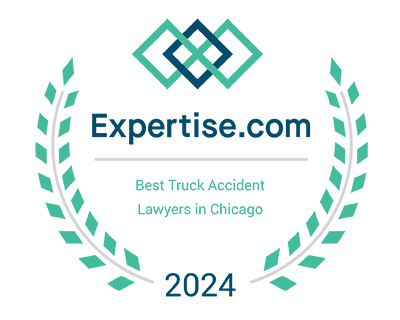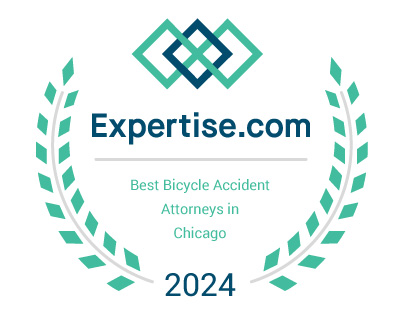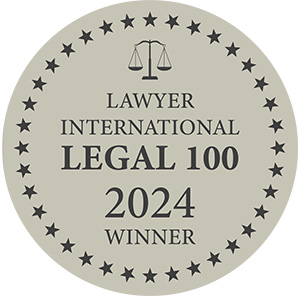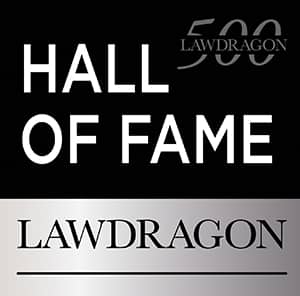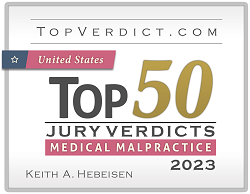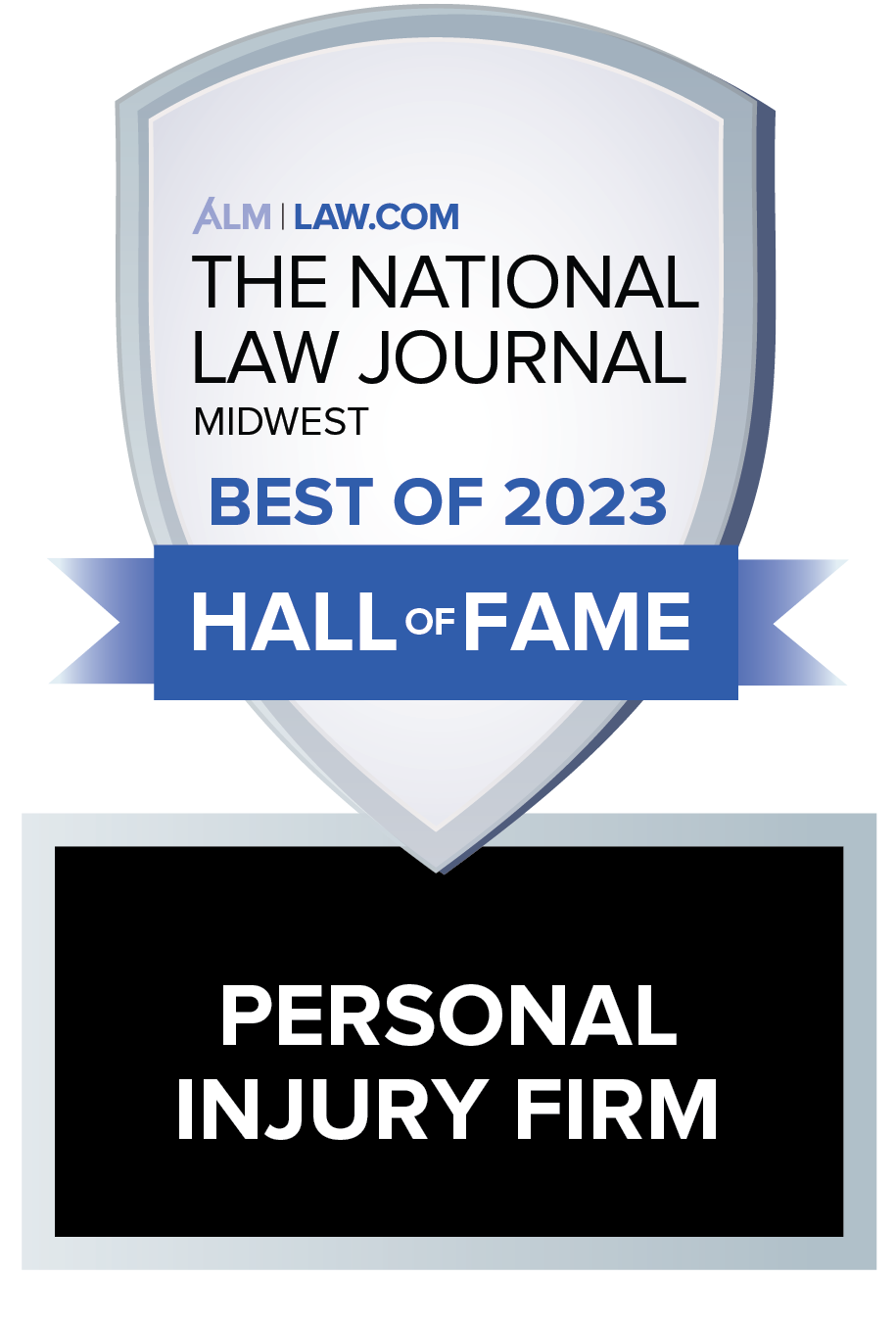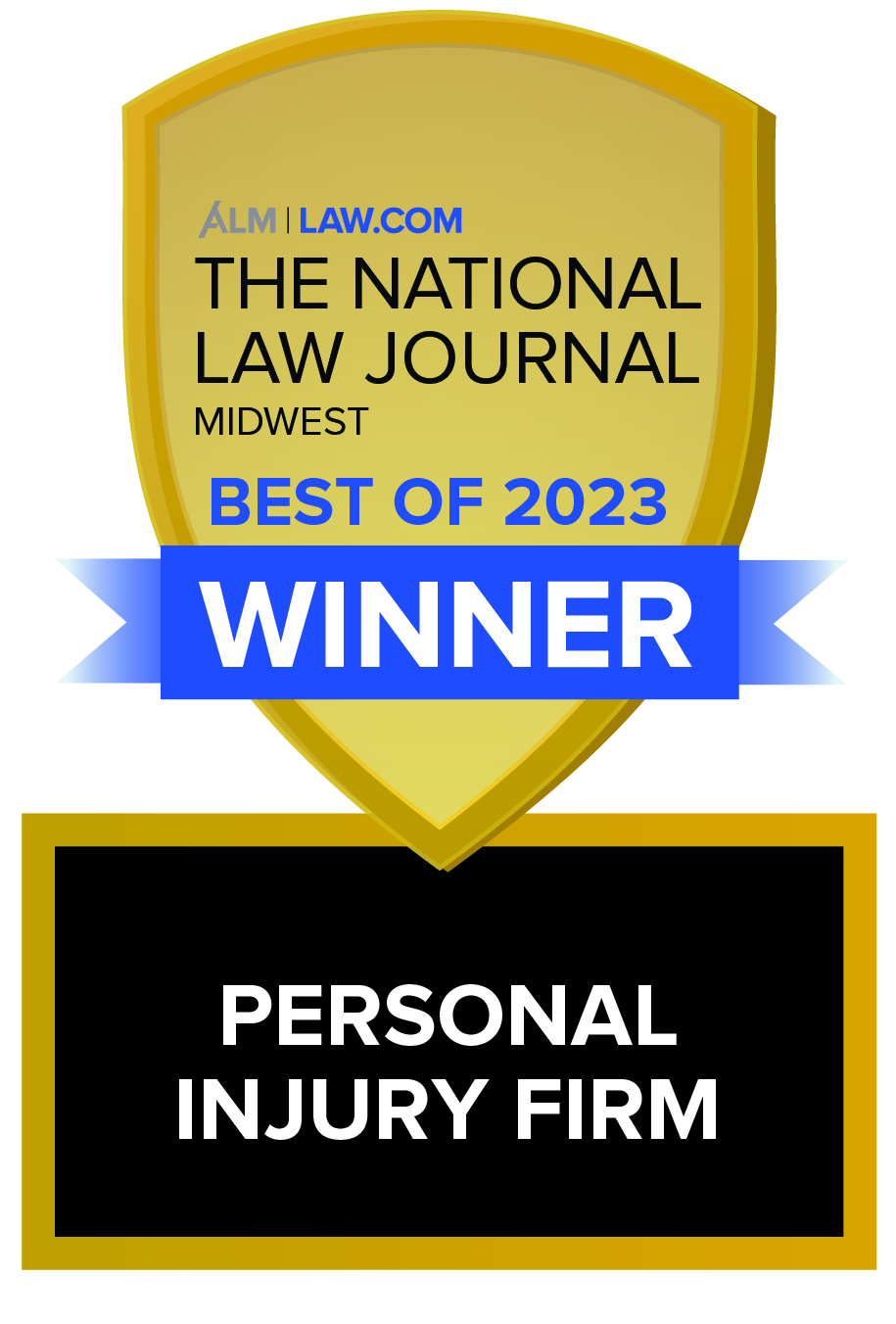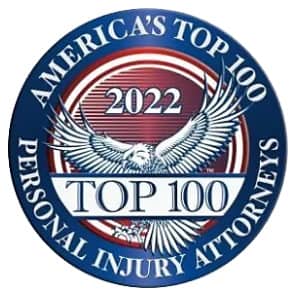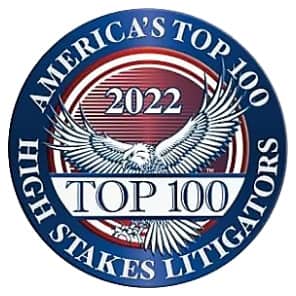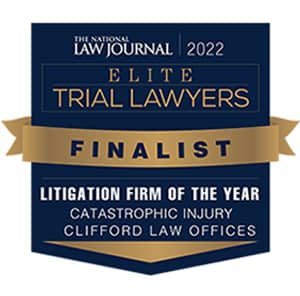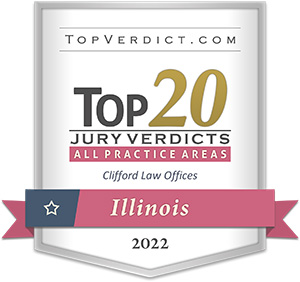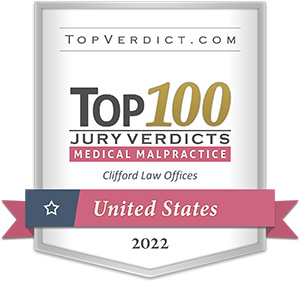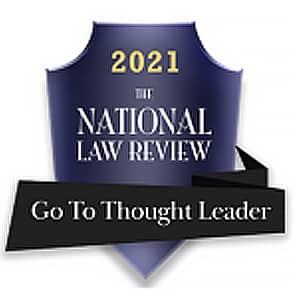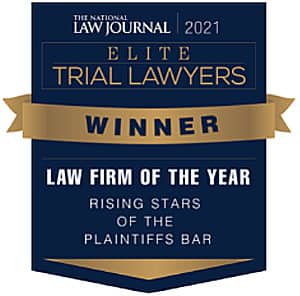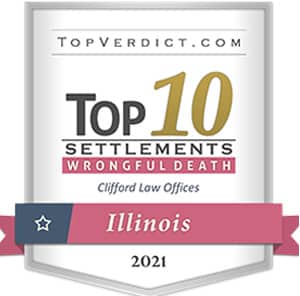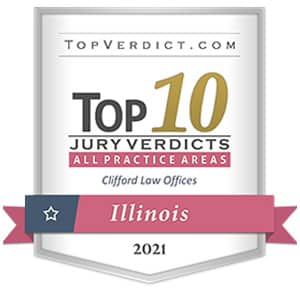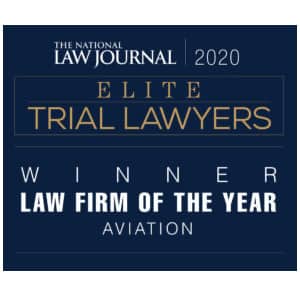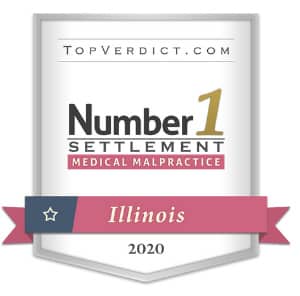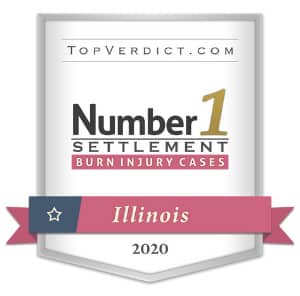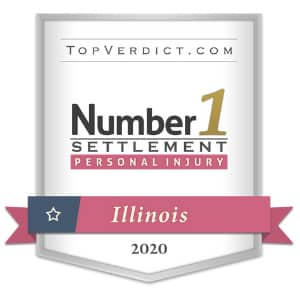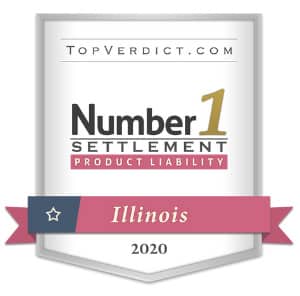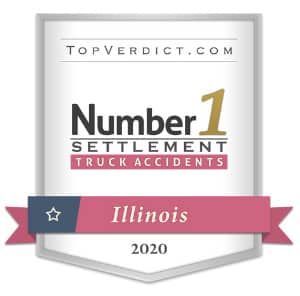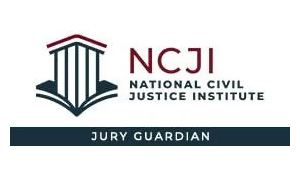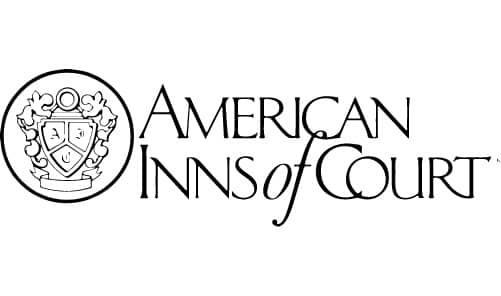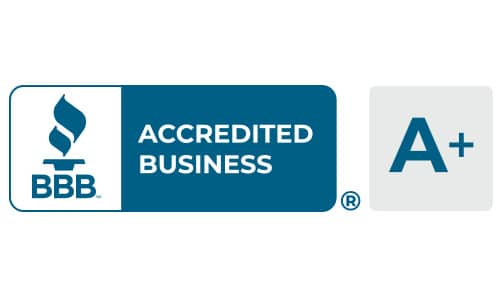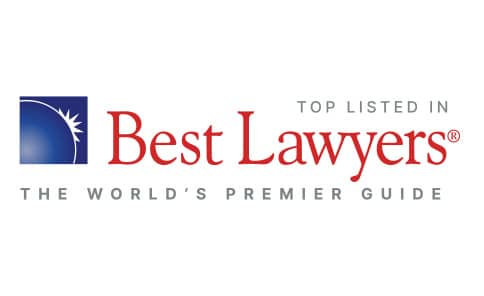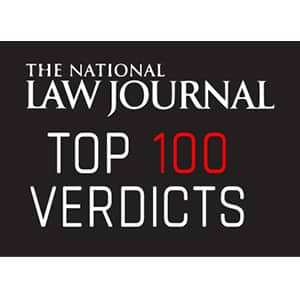The Honorable Henry R. Simmons (Ret.) is Managing Partner of Clifford Law Offices, P.C. He served as a Cook County Circuit Court Judge for nearly two decades. He joined the firm in 2014, coming from ADR Systems of America where he served as a Senior Mediator and Arbitrator for three years. Judge Simmons (Ret.) also worked as a Special Master and Neutral Fact Finder for ADR Systems, one of the top mediation services in the country. His experience in personal injury and multi-party disputes serves him well in running the 20+ lawyer firm at Clifford Law Offices, P.C., in Chicago. He is known throughout the Chicago legal community as a fair person, a man with a calm demeanor, and a personality that resonates with people of all ages, races, income levels, ethnicities, and backgrounds.
Honorable Henry R. Simmons (Ret.) answers some common questions about selecting a law firm and being a litigant in a lawsuit below:
How do I select a personal injury attorney when it comes to that time?
It is very important to select a trial lawyer who has experience in actually litigating personal injury cases. You need a trial lawyer who has a proven track record taking cases to trial. I would like to say to all of our clients at Clifford Law Offices that the quality of our work is not determined by the speed with which we resolve your case; we must know the full nature, duration and extent of your injuries. This process can take time. It is important to fully and properly evaluate your injuries. We take the time to do the job thoroughly and completely. You must select a lawyer who, from the time he or she opens the file, is going to expect to try this case. You get the best result when the defense attorney and insurance company know you are willing to try this case to the end because it is true that defendant insurance companies do not even consider opening up the checkbook until they are on the door step of a trial.
How early do I contact a personal injury attorney?
Of course, the earlier you can contact an attorney, the better it is. Sometimes, we get calls the day of the incident, sometimes we get calls two days after the incident. I have noticed quite a trend, to the credit of the public, and I think it is because of the internet…the ease of communication, and transparency today. People do understand their rights better. They have better access to lawyers. I would recommend that as soon as you are feeling you are able to communicate, it is a good time to make a call. Alternatively, we suggest a family member contact our office as soon as possible to protect the interests of the injured party. Many agencies involved want the injured party to give a statement or possibly just not present the best foot forward. Insurance companies, their adjusters and investigators are on it immediately. They try to be a step ahead of the injured party all the time. You can see, the sooner a lawyer gets involved, the better it is for the injured party.
How do personal injury law firm contingent fee contracts work?
Our law firm fees are completely contingent upon the results we attain for our clients. We do not charge any upfront retainer fee or charge fees by the hour. The standard fee is 1/3 of the settlement or verdict award in the case. A client will be asked to sign a contingency fee contract which explains in detail that we do not receive any fees unless we succeed. We advance all the expenses that are necessary to prepare our client’s case for success. We are reimbursed for these reasonable expenses only if we succeed.
Should I sign an insurance company release?
At the end of a case, the only way that the insurance company will send a check is if we review the Release tendered by the insurance company through their attorneys and our client signs. Eventually, if there is going to be any payment for damages in a personal injury, one must sign a release. However, it is a very dangerous document. It must be carefully reviewed by counsel. Do not sign a release unless you have it reviewed by counsel. Even if you are negotiating your case yourself, hire a lawyer on an hourly basis to read the Release to make sure it conforms to everything you understood.
What must you prove in an automobile Accident case?
I like to compare it to railroad tracks. As you develop your case, there are two sets of railroad tracks converging into the same station. One track is liability: who did what wrong and violated what laws to cause the crash? The other railroad track is damages: what injury did our client suffer? You have to prove liability and then you have to prove damages caused by the breach of duty and the liability. Essentially, that is what a trial is all about…proving who did what wrong and the nature, duration and extent of the client’s injuries.
What is comparative fault?
Illinois is a “qualified comparative fault” state or “modified comparative fault” state. If we go to a jury verdict with a jury of 12 citizens, they have to write on a line from 0 – 100% to compare the fault of the defendant for the incident with the fault of the plaintiff for the incident. In Illinois, in order for a plaintiff to recover, the plaintiff must be no more than 50% at fault in contributing to his or her own injury. For example, if there is an intersection crash, and the two cars entered the intersection and they both say they have the green light, the jury has to sort it out. Who got there first? Who had the right to be in there? Maybe the jury can’t quite figure it out, but they might compromise: “Okay, Ms. Plaintiff, you are 40 percent at fault and Mr. Defendant, you are 60 percent at fault. And Ms. Plaintiff, your damages are $100,000, but you only get 60 percent of $100,000.00.” An award is limited by the comparative negligence of a plaintiff, which reduces it by their 40% at fault. A jury examines all the factors available. If it is a very serious injury, we would hire an accident reconstruction specialist who would take a look at such factors as braking, skid marks, or speed. An automobile may have an ECM (Electronic Controlled Module) connected to the braking system and the accelerator in the car which we can digitally download and know exactly how fast each car was traveling and if the brake was applied. In all the new cars, I would say starting with the 2004 model year, there is probably an ECM in every automobile. ECM’s have also been in over the road trucks for some 20 years.
How are experts compensated if a personal injury law firms calls an expert for a client?
In some of the cases at the law firm, it is necessary to call upon an expert to explain something unique to the jury. In certain automobile accident cases, it may be best to call upon an expert, especially a physician or an accident reconstructionist. The expert is an expense to the case. Almost all personal injury lawyers, including our law firm, advance that expense for the cost of the experts. The expert expense is paid back to the law firm at the end of the case, only if we are successful.
How important are witnesses legally and medically?
Witnesses are absolutely critical to any contested automobile crash. I will tell you why. In a trial, the jury will have a tendency, depending on how credible the plaintiff and defendant are, to cancel each other out. Each side has an ax to grind. The plaintiff is asking for damages for injuries. The defendant feels they did nothing wrong. During a contested trial, the more independent witnesses and experts we can have, especially treating doctors, the more weight the credible testimony adds in favor of the plaintiff.



